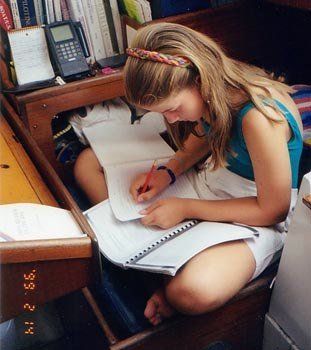Boat School
When we sailed to the Bahamas, the children were eleven and thirteen. They were in school, of course, but in the US education is organized in a unique way. There are no national examinations, there is no Federal oversight or inspection, everything is done at a local level. In addition, there are countless private schools that do not answer to any authority.
Nico and Jana attended the public school. On the advice of the principal I called the County Commissioner and told him we were going away for a while.
"How long?" he asked.
"At least a year," I said.
"And where are you going?"
"First to Florida, then to the Bahamas."
"So you are leaving our county?"
"Yes."
"In that case your children, as far as we’re concerned, don’t exist anymore. When they return, they will have to take an entrance exam to see in which grade they belong.”
In America there is compulsory education, but kids don’t actually have to attend a school. You can teach your children at home and if you choose to do so, you are not an exception. There are an estimated 1.5 million children in 'home school.' Most come from strict religious families, who consider public school to be ungodly and have no money for a private alternative. But the 'home school' is also a solution for sailors with school-age children.
If you are not a teacher yourself, the idea that you have to teach your own children is a bit intimidating, but in practice organizing a boat school is not so hard. Any decent bookstore has a shelf full of self-study guides for people preparing for high school equivalency certificates and entrance exams. The topics range from algebra to Hebrew and biology to American history. Each chapter concludes with a test. All I had to do was cut out the answers, which were in the back of the books, and check Jana and Nico’s test results.
The great thing about a boat school is that apart from required topics like English and math, you can teach whatever you want. We studied every fish, clam and lobster we caught, delved into dolphin identification in Florida, space travel as we sailed past the Kennedy Space Center on Cape Canaveral and saw a space shuttle take off, the natural history of sharks and mangroves, and the geology of the Bahamas. Over dinner we read The Adventures of Huckleberry Finn, Macbeth, the Odyssey, the good books of the Bible (Genesis, Samuel, Marc) and Robert Graves' The Use and Abuse of the English Language.
We had a simple arrangement: school starts early in the morning. When we are at sea and the weather is a bit rough, you don't have to study. On the other hand, we’re abolishing the weekend. You do three mandatory chapters every day. Then you are free.
The children worked in the cabin without our supervision. They were always ready in two and a half to three hours. Then they disappeared with the dinghy. They went to the beach, or snorkeled and fished with our Hawaiian sling, a trident that you launch with a thick elastic. When they met other boat children - which was the case on almost every island in the Bahamas - we didn't see them again until evening.
We checked the tests and the essays. It all looked pretty good, but we also wanted to know what the children thought of our boat school. So we held an evaluation. They only had one request: more independence.
"When I'm in a real algebra mood," Nico said, "I want to continue with it, and not switch to English after one chapter."
"We know exactly how many chapters there are in each book," Jana said. 'We can calculate ourselves how much we need to do to be ready at the end of the year.'
From that day on, they made their own schedule, which they handed in to us every morning on a piece of paper.
When the children returned to their old school they had to take an entrance exam. The results were devastating, for the school. Although Jana and Nico had spent less than half the time on schoolwork than their classmates, they both could skip a year in algebra, Jana also in French, and Nico didn’t have to do any geometry anymore.
They also learned things during their year on the boat that are not on the curriculum of any school and may not be terribly useful in later life: sailing an old yacht, fishing in the Gulf Stream, docking with a crosswind, changing the oil of a diesel engine, anchoring in water with shifting tidal currents, messing with epoxy, charting a course with dividers and parallel rulers. But they have also experienced the independence and freedom that are the essence of a long sailing cruise.
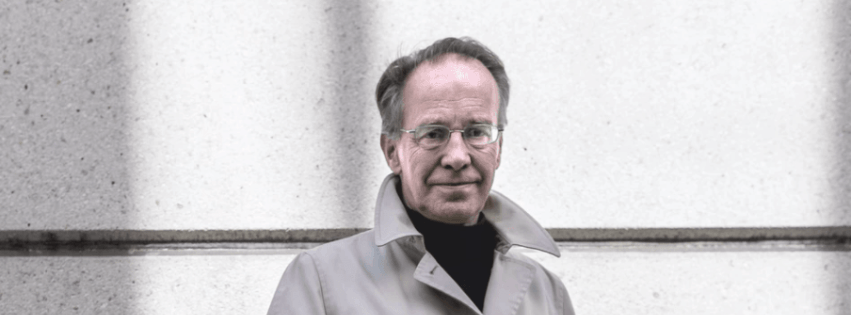
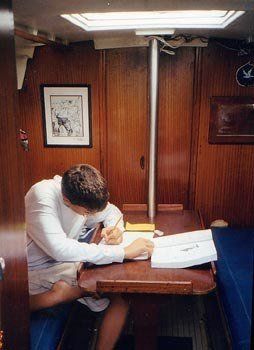
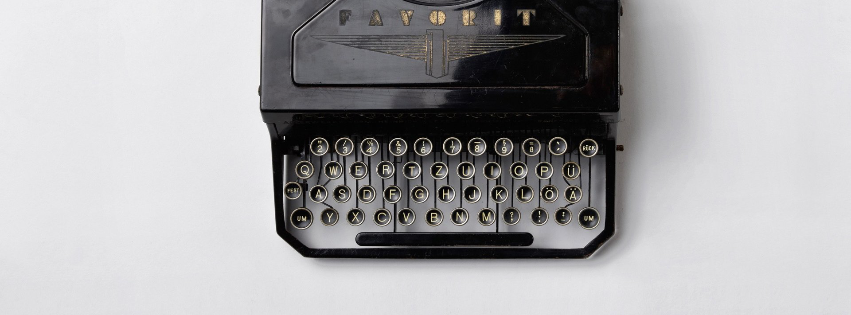
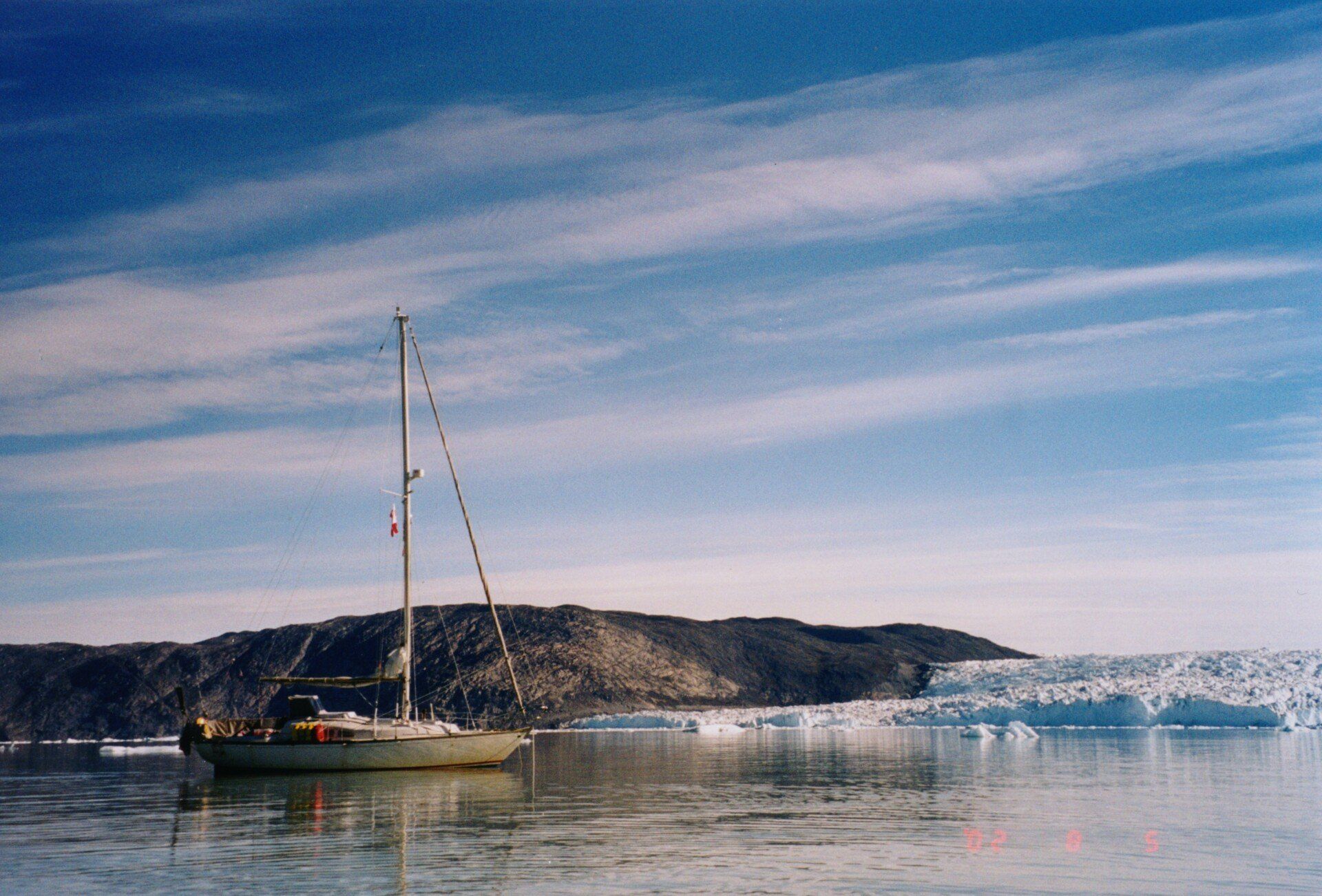


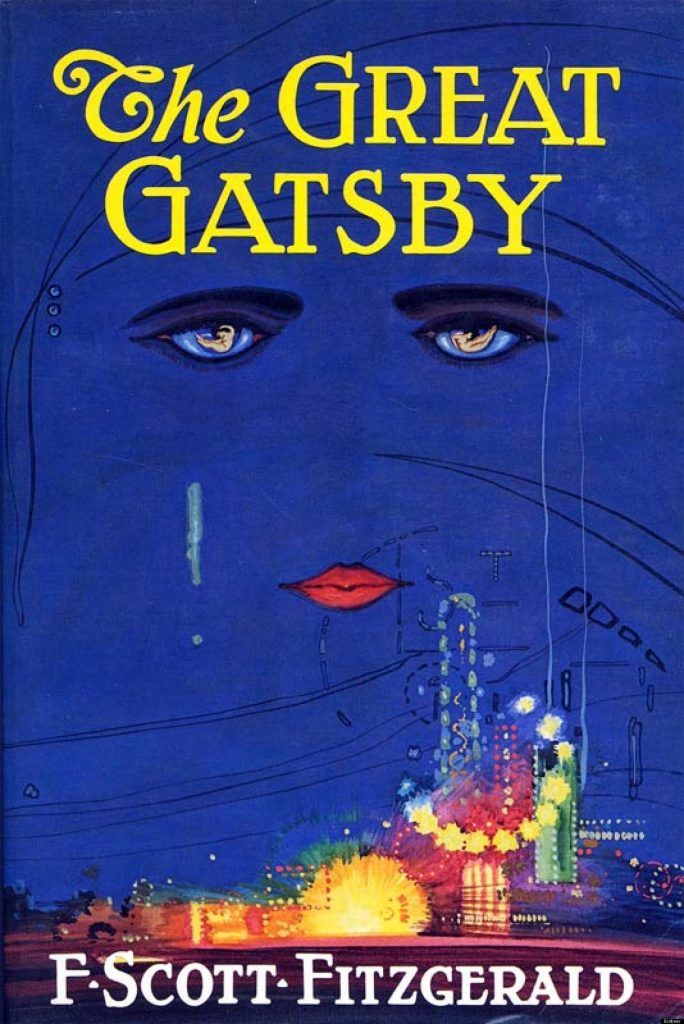
Wilt u mij uitnodigen voor een lezing of optreden? Neem contact op met mijn literair agent Dorine Holman. Zij kan u nader informeren over de mogelijkheden.
We nemen zo snel mogelijk contact met u op.
Probeer het later nog eens.


